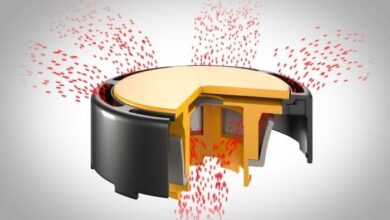Michigan to invest $110M in EV chargers. At $134K a plug, it won’t go far

Loren McDonald, CEO of the analyst firm EVAdoption, attributed the high and widely varied costs to new technology that hasn’t yet achieved economies of scale, and an electrical grid that sometimes needs upgrades before it can handle the power load associated with EV chargers.
“They’re almost bespoke,” McDonald said. “There are companies trying to make them a viable businesses that are selling a couple a month.”
Advocates also note that infrastructure is simply expensive. Reconfiguring and repairing Interstate 696 in metro Detroit from Southfield to Farmington, for instance, is expected to cost $275 million.
In comparison, Minton said, “this seems small scale.”
Gas pumps, too, cost hundreds of thousands of dollars to install, said Mark Griffin, president of the Michigan Petroleum Association/Michigan Association of Convenience Stores. The difference is that businesses can absorb those costs, because a steady stream of customers ensures the investment will pay off.
Without public or utility subsidies, chargers would be a money-losing venture in many areas of Michigan, because they don’t yet get enough traffic to recoup installation costs, said Abass El-Hage, whose Detroit-based company, Red E, is Michigan’s biggest NEVI winner so far, with $5.2 million worth of awards.
But, he noted, that’s beginning to change.
In densely populated areas with lots of EVs, such as parts of metro Detroit, west Michigan and Traverse City, El-Hage said, “projects are already financially viable without any incentives.”



